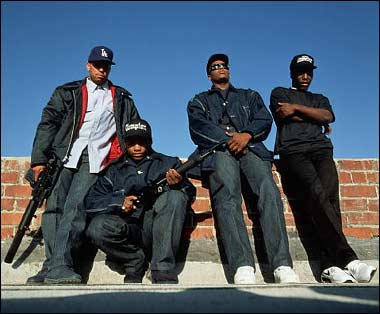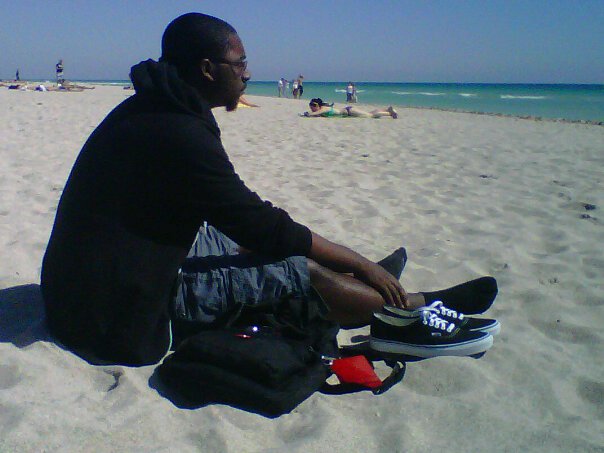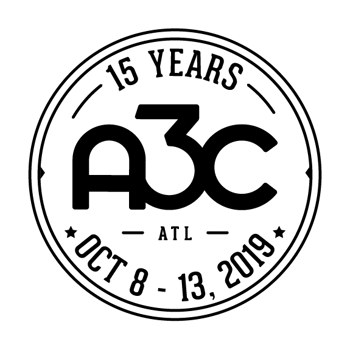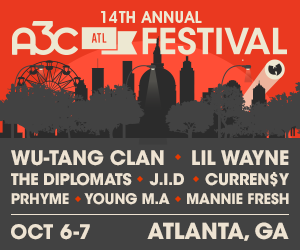
Since the birth of hip-hop, controversy has followed the culture and the rap genre. One of the biggest concerns are the images of violence that rap music is said to portray. Many rappers have been scrutinized by critics for their explicit and graphic lyrics. Many rappers have also been involved in situations that have led to violence, ending in injury or death. Even innocent bystanders are sometimes caught in the crossfire of a rap beef. With so many rappers preaching a “live by the gun die by the gun” philosophy in their music, the question has been asked; should rappers be held accountable for any violence that takes place at their shows or surrounding their music?Critics of rap music will say that most rappers glorify a violent lifestyle. Groups like N.W.A helped bring introduce gangster rap to the masses and were a target for critics. They were banned from mainstream radio and television for their explicit lyrics that was believed to encourage crime and the defiance of law enforcement. N.W.A claimed that their songs were not created to encourage violence and crime, but to share their daily experiences with the world.
Hip-hop has since come under attack again. Recently there was a shooting at a hip-hop concert in New York. Irving Plaza was the venue of a concert featuring T.I. as a headliner, and other local acts like Uncle Murda and Maino who were scheduled to perform before him. Shots were fired around 10 p.m. bringing the concert to an abrupt end. Later a video surfaced showing Brooklyn rapper, Troy Ave firing a gun in the building at another shooter. The shooting left three people injured and one dead. Troy Ave who was shot in the leg as well, has been arrested and charged with attempted murder, criminal possession of a weapon, reckless endangerment and menacing.
NYPD commissioner Bill Bratton made a statement calling some rappers “basically thugs,” blaming the recent Irving Plaza shooting on hip-hop and rap music.
Does Commissioner Bratton have a right to feel this way when there have been numerous of similar instances? There have been many club fights and shootings, where they play predominantly hip-hop music, but there are other genres of music like rock and metal that have been blamed for enticing violence. After the Columbine shooting in 1999, Marilyn Manson and his music was said to be the inspiration for the massacre. Mason defended himself and his music by saying that the media mishandled the reporting of the incident and used him as a scapegoat.
It can be said that rap artists are being used as scapegoats. It’s a quick way to sweep bigger issues like gun control under the rug. This raises more questions that need to be answered.
Why is it that rap music seems to be the number one target? Is it the venues responsibility to make sure everyone is safe from potential violence? How do you determine if a rapper’s music is responsible for violence? Should the media be held accountable as well? When do rappers cross the line from sharing their story and expressing their thoughts to promoting and glorifying violence?
If rappers are to be held accountable for the violent actions of others at their shows, then accountability should span across all genres and art forms. That will then jump into the issue of censorship. It seems far-fetched to blame an entire genre of music for the individual actions of a few people.



